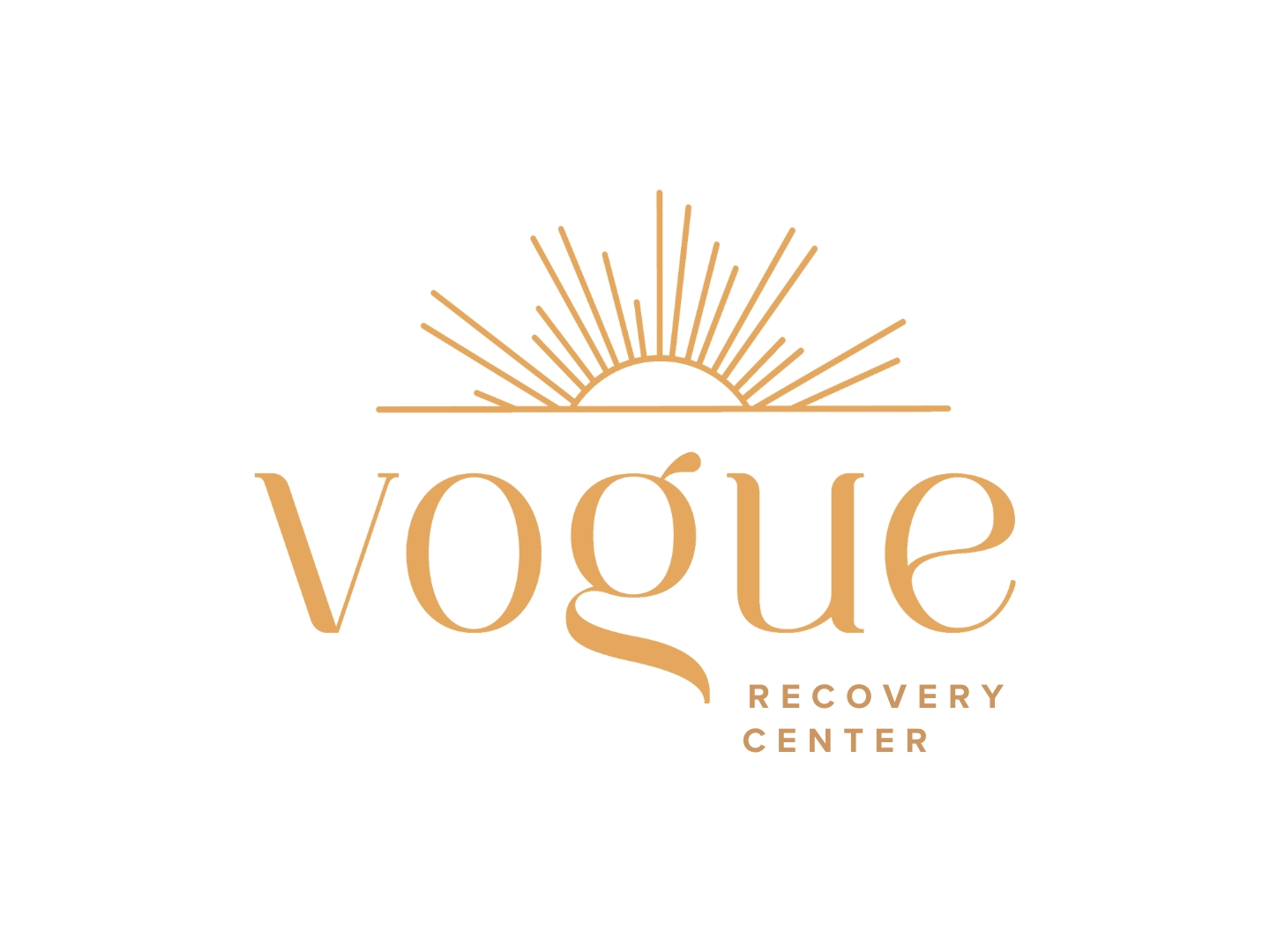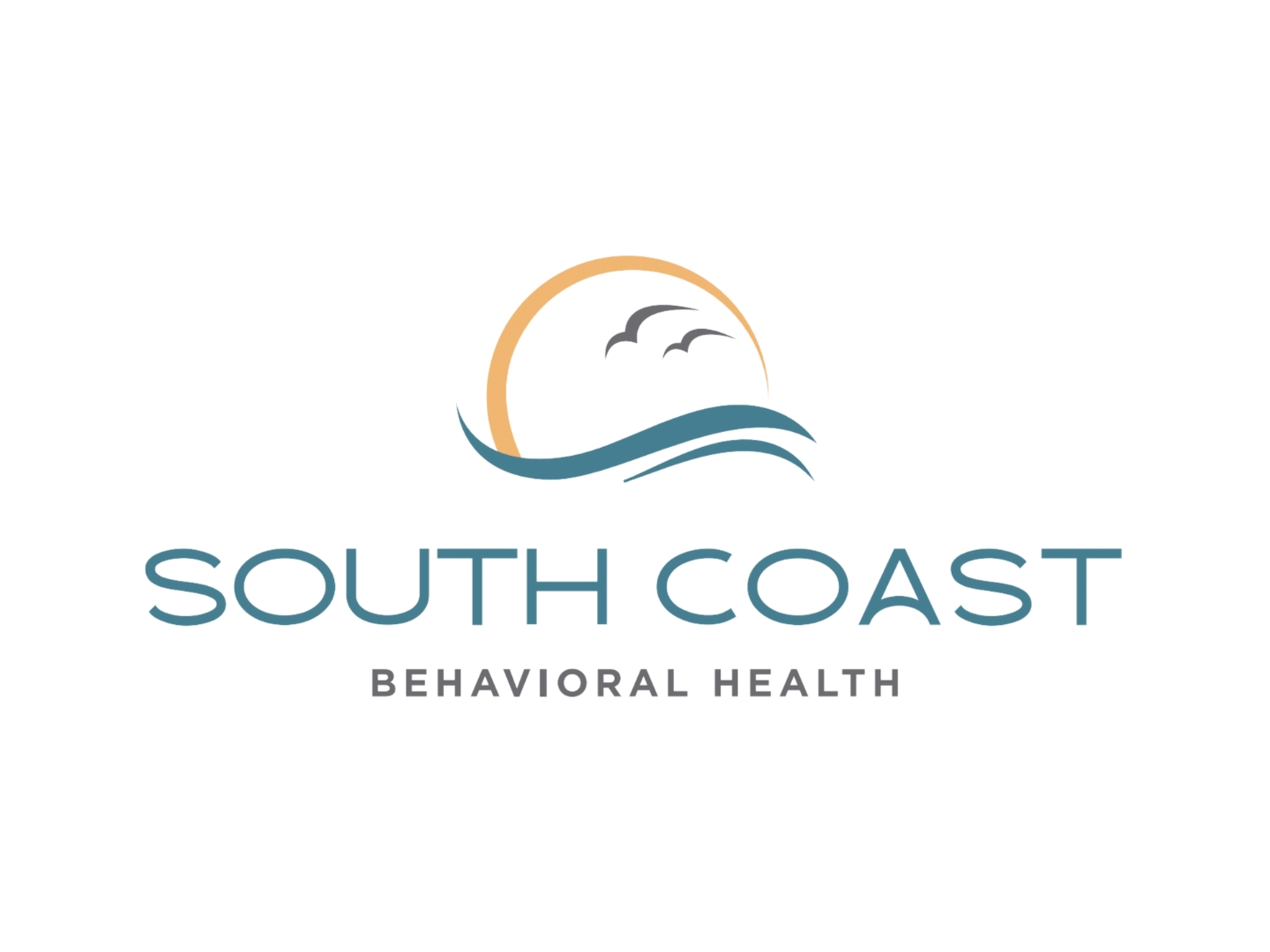Panic disorder is a type of anxiety disorder characterized by recurrent, unexpected panic attacks. These episodes of intense fear or discomfort can be incredibly disruptive, leading to significant distress and impairment in daily life. Panic disorder is a serious mental health condition that affects millions of people worldwide, and it is important to understand the symptoms, causes, and effective treatment options available.
Panic attacks can be frightening experiences that can leave someone living in constant fear of having another attack. That can lead to avoidance of certain situations or activities. Panic disorder can also be associated with other mental health conditions, such as depression and substance use disorders. Seeking professional help from a mental health treatment center or provider is crucial for managing this debilitating condition and regaining a sense of control over your life.
Treatment for panic disorder often involves a combination of psychotherapy, such as cognitive-behavioral therapy (CBT), and medication, such as anti-anxiety drugs or antidepressants. CBT helps individuals identify and challenge the negative thought patterns and behaviors that contribute to their panic attacks, while medication can help alleviate the physical symptoms and reduce the frequency and intensity of the attacks.
During a panic attack, individuals may experience a range of physical symptoms, such as rapid heartbeat, sweating, shaking, shortness of breath, chest pain, nausea, dizziness, chills, hot flashes, and numbness or tingling sensations. Cognitive symptoms can also arise, including a fear of losing control, going crazy, or dying. These attacks can come on suddenly, often without any obvious trigger, leaving the person feeling overwhelmed and helpless. They don’t last very long, with most attacks peaking within 10 minutes. The post-attack period can contribute to a cycle of chronic anxiety and avoidance, impacting daily life and overall well-being.
No one should have to wait to heal, which is why our specialists are available 24/7 to help guide you through the admissions process every step of the way.
While the exact causes of panic disorder are not fully understood, research suggests that a combination of genetic, biological, and environmental factors may contribute to its development:
Understanding the potential causes of panic disorder can help individuals and their healthcare providers develop a more effective treatment plan and work towards managing the condition more effectively.
Genetic studies have found that individuals with a first-degree relative who has PTSD are more likely to develop the condition themselves, indicating a potential hereditary component. Differences in brain chemistry and function may also play a role, as PTSD has been associated with imbalances in neurotransmitters like serotonin and norepinephrine, as well as alterations in the brain’s stress response systems.
Past traumatic experiences can also shape the brain’s structure and function, leading to increased sensitivity to stress and difficulty regulating emotions. Traumatic events can trigger long-lasting changes in the brain’s neural pathways and hormone levels, which may contribute to the development and persistence of PTSD symptoms.
Understanding the complex interplay of genetic, biological, and environmental factors is crucial for developing more effective prevention and treatment strategies for this debilitating disorder.
If you or a loved one is struggling with their mental health, our admissions team is available 24/7. Our compassionate and understanding team can help answer your mental health treatment questions and get you started on the path to recovery.
Deciding to seek trauma treatment can be intimidating. We are here to make this process as easy as possible. Reach out to us today to learn more about how our treatment centers can help!
There are several distinct symptoms and signs of panic disorder, including:
These symptoms can be incredibly disruptive and lead to significant impairment in an individual’s ability to function in their daily life.
While panic disorder and generalized anxiety disorder (GAD) are both classified as anxiety disorders, there are some key differences between the two:
In panic disorder, the panic attacks are the primary concern, whereas in GAD, the focus is on the chronic, uncontrollable worry. The physiological symptoms of panic are also typically more severe and abrupt in panic disorder compared to GAD.
Recognizing these distinctions is important for seeking the appropriate treatment and management strategies for each condition.
Panic disorder is a serious mental health condition that can significantly impact an individual’s quality of life. Fortunately, there are effective treatments available that can help manage the symptoms of panic disorder and improve overall functioning. The two main approaches to treating panic disorder are psychotherapy, particularly cognitive-behavioral therapy (CBT), and medication management, often with antidepressants or anti-anxiety drugs.
CBT helps individuals with panic disorder identify and challenge the negative thought patterns and behaviors that contribute to their panic attacks. Through this process, patients learn coping strategies and techniques to better manage their symptoms when they arise. Medications, on the other hand, can help alleviate the physical and psychological symptoms of panic attacks, making them less severe and frequent. In many cases, a combination of psychotherapy and medication is the most effective approach.
In addition to these evidence-based treatments, some individuals with panic disorder may also benefit from complementary therapies, such as relaxation techniques, mindfulness practices, and support groups. The specific treatment plan will depend on the individual’s needs, preferences, and the severity of their condition. With the right support and intervention, many people with panic disorder are able to regain control over their lives and experience significant improvement in their symptoms.
Psychotherapy is a cornerstone of effective panic disorder treatment, with several evidence-based approaches demonstrating success in helping individuals manage their symptoms and improve their overall quality of life. Some of the most widely used and recommended therapies for panic disorder include:
Acceptance and Commitment Therapy (ACT): ACT focuses on helping individuals accept their thoughts and feelings related to panic attacks while committing to values-based actions that can improve their overall functioning.
Exposure Therapy: This therapy involves gradually exposing the individual to situations or sensations that trigger panic attacks, with the goal of reducing the fear and anxiety associated with these triggers causing panic in someone’s life.
Cognitive-Behavioral Therapy (CBT): CBT helps individuals identify and challenge the negative thought patterns and behaviors that contribute to their panic attacks, teaching them coping strategies to manage their symptoms more effectively.
Dialectical Behavioral Therapy (DBT): DBT combines elements of cognitive behavioral therapy with mindfulness and emotion regulation strategies to help individuals develop skills for managing intense emotions and improving their ability to cope with panic attacks.
Medication: In addition to these psychotherapeutic approaches, medication can also play a role in the treatment of panic disorder. Antidepressants, anti-anxiety medications, and supportive medications like beta-blockers can be used to help alleviate the physical and psychological symptoms of panic attacks and other mental disorders. Other medications work at preventing panic attacks so someone can live their life without severe anxiety getting in the way.
"*" indicates required fields
Aliya Health Group offers specialized treatment for panic disorder, providing a comprehensive approach to managing symptoms and improving overall quality of life. Their programs incorporate evidence-based therapies like cognitive-behavioral therapy (CBT) to help individuals identify and challenge negative thought patterns, as well as medication management with antidepressants or anti-anxiety medications when appropriate. Our treatment centers provide a supportive environment for individuals to develop coping strategies and work towards long-term recovery from panic disorder.
Aliya Health Group takes a comprehensive, holistic approach to treating panic disorder. In addition to evidence-based therapies like cognitive-behavioral therapy, their programs incorporate complementary treatments such as mindfulness meditation, yoga, acupuncture, and massage therapy. This multifaceted approach aims to address the mind, body, and spirit to help clients develop effective coping strategies and achieve lasting recovery.
Many treatment centers and mental health providers offer specialized programs for panic attacks and panic disorder, utilizing evidence-based therapies like cognitive-behavioral therapy and medication management. Finding the right care close to home can make a significant difference in managing panic symptoms and achieving long-term recovery.
If you or a loved one is struggling with panic disorder or any mental illness, reach out to Aliya Health Group today. Our team of mental health experts provides comprehensive, personalized treatment to help you reclaim your life. Take the first step towards healing – contact Aliya today.
Aliya Health Group accepts most major health insurance providers on both a national and local level. Some of the health insurance providers we work include:













Before entering outpatient treatment for substance abuse, most people have a long list of questions and concerns. To help you gain a better understanding of what to expect during outpatient programs, we have compiled a list of our most frequently asked questions.
Yes, our rehabilitation facilities have designated smoking areas available. However, kindly note that all cigarettes brought into the facility must be in unopened packs or cartons. The same rule applies to any cigarettes sent or brought by family or friends. Our staff will be more than happy to provide you with additional details regarding these guidelines during the admission process.
Yes, in most cases, we can offer repayment options tailored to your unique circumstances. For more details regarding personal repayment options, we recommend reaching out to our admissions team. They’ll be more than happy to assist you.
We accept all major insurance plans at our treatment locations. To learn more about insurance and treatment cost, contact our admissions team or fill out our secure insurance verification form.
Yes, we provide integrative dual diagnostics alongside a wide array of treatment modalities. Our core objective revolves around tackling addiction, while simultaneously addressing the underlying factors that contribute to substance use disorders. Our mission is to deliver effective and holistic care that encompasses both symptom management and the exploration of root causes of addiction.
In terms of cost, outpatient treatment is typically more affordable than inpatient options which require round-the-clock medical supervision. This makes it a viable solution for individuals who may be deterred from seeking help due to financial constraints.
"*" indicates required fields
For Immediate Help Call: 888-973-2078
Aliya Health Group is a comprehensive network of addiction and mental health treatment centers, with locations spanning nationwide.
We are driven by our commitment to empower individuals, families, and the community by providing education, tools, and support, to help them lead healthy, fulfilling lives in recovery.
Our admissions team is available 24 hours a day, 7 days a week, 365 days a year.






